With the iPhone 14 just a few months old and Samsung's Android 14 set for release sometime in early 2023, the great debate continues over which OS is the better option. For Android users, the positives include vast hardware and software customization and easy-to-install apps. However, the reality is those positives are offset by a slew of problems that inevitably arise and hinder the overall performance of Android phones.
Whether dealing with memory storage, data reception, unbearable software updates, and more, it's worth noting the most nightmarish hiccups Android owners are sure to encounter at some point during their ownership.
Battery Issues
The biggest issue for most Android phone owners is the battery power or lack thereof. In addition to the heavyweight hardware installed in the phones that make the battery life far weaker and more inefficient than iPhones, there are several reasons for the battery draining far too fast. For instance, too many push notifications and alerts will drain the battery. If the screen is too bright, the battery will also drain.
For Android phone owners, having to constantly find an outlet to plug and charge their phone is a massive inconvenience, especially when on the go. Even when performing the recommended quick fixes like turning off notifications, lowering screen brightness, checking for software glitches, etc., more often than not, the battery problem still persists in most Android models, which is often the top gripe among the brand's loyal customers.
Malware Problems
Due to Android's partnership with Google Play, owners are at risk of having their phones infected with harmful malware, another brutal reality for those who use the brand. Hackers know that Androids are vulnerable to malware and use the Google Play app to add corrupt files, even when Google Play Protect is turned on. One helpful tip is to turn on the Improve Harmful app detection in the Play Protect settings.
While some Android owners favor the vast customizations, widgets, and easily installed apps, using such leaves them vulnerable to malware infections that continue to get more harmful and advanced. For instance, in late 2022, a malicious Android file manager app infection called Sharkbot was discovered on phones as a way of targeting bank accounts (per bleepingcomputer.com).
Requires Active Google Account
Another harsh truth about owning an Android phone is that users must have a Google/Gmail account to enjoy all the performance perks possible. This raises a major concern regarding privacy and security, one area that Android always falls short of Apple. The fact is, by using an Android, consumer data is tracked, monitored, and shared with several advertisers as a way to make money while decreasing user privacy.
While some Android users may be perfectly okay with having their phone calls, text messages, websites visited, and online searches tracked, and their data sold to advertisers, many feel grossly exploited as impersonal commodities when this occurs. Unfortunately, not much can be done about it.
Advertisement Overload
As a direct result of Android and Google sharing user data, most Android phone users are flooded with way too many annoying and unnecessary advertisements. Most of the frustrating pop-up ads coming from third-party apps installed on the phone rather than the phone itself, but this is a constant complaint for phone owners who cannot stand being targeted with the same brand ad for weeks after searching for a product one time.
For multitasking phone users who talk, text, play games, stream video, create content, and the like, the last thing they want is to be slowed down by seeing one unwanted sales ad after another. Yet, the problem still persists in 2022, which is many faithful Android users are considering an iPhone 14.
Relentless Software Updates
Similar to Microsoft, every Android user has argued over the inevitable software updates that continue to plague Android's reputation. Inconsistent and unreliable, sometimes Android updates come on time as scheduled without issue. Other times that don't occur at all. Worse yet, the updates rely on which carrier and manufacturer a user has, meaning those who own older models won't receive updates of any kind.
Failing to receive the proper updates makes many Android owners upset about not getting the latest features and efficient performance. But it's really the lack of security updates that compromises their privacy more, making the software updates one of the top complaints for Android phone owners in 2022.
Poor Data Reception
One of the most nightmarish aspects of owning an Android comes when the mobile data suddenly stops working, a common problem that persists. When mobile data abruptly goes out, users are unable to access their social media feeds and helpful apps like Google Maps, which often leaves them in a panic to figure out what went wrong.
Usually a result of a low-signal strength, the only thing worse than having mobile data stop working is the wild number of DIY fixes Android suggests. The last thing someone wants to do is constantly restart their phone, turn Wi-Fi on and off, check for airplane mode, reset APNs, change APN protocols, check mobile data limits, reinsert SIM cards, etc., just to keep the data connections as strong as possible.
Lack Of Memory Storage
One of the biggest downsides of owning an Android phone is its inherent lack of internal storage. While dual Android phone SIM cards can be used to increase phone memory, users will often get the dreaded "Insufficient Memory Storage" error message even when using an SD card because most of the apps must be installed on the built-in core storage rather than removable ones.
Having limited space to store photos, videos, downloaded games, movies, TV shows, and the like continues to infuriate Android owners, especially when the common fix is to delete apps they may want to keep for the long haul. And since the pre-installed apps can't be removed, users are given fewer options to increase their memory storage.
Running Background Apps
Another constant complaint Android phone users have is the constant background programs that continue to run at all times, which drains the battery, slows performance, and makes using the device unpleasant. Worse yet, without knowing which apps are active and running, users are more vulnerable to hackers, spammers, malware, spyware, and the like. For instance, while it's wise to keep the best parental control Android apps running, it will make the phone lag.
With compromised security and privacy to go with glacial performance speeds and rapid battery drains, the ever-running background apps and processes often result in users having to Force Stop the app in mid-function and restart their phone, another glaring inconvenience that makes using the device less desirable.
Syncing Error
Many Android phone owners have complained about how poor the synchronization function is on most devices. While syncing is inconvenient by nature, most of the time, it's fairly easy and effortless. But Android phones fail to sync often, which results in the dreaded Android error message "sync is currently experiencing problems," which prompts users to try again later. Those trying to move data from one device to another as quickly as possible are often out of luck.
Most often, users have the fix the problem themselves by checking the internet connection, ensuring the site they want to sync with is not down, confirming passwords, or removing the account from the device before adding it again. The process is another maddening headache that most Android phone owners know all too well in 2022.
Clunky Bloatware
If Malware doesn't irk Android users, the cumbersome bloatware certainly will. As a way to build their brand, most Android phone manufacturers pre-install several apps on the device that users neither want nor need. For example, although most Samsung models come equipped with Gmail, the phone also has its own mail app, which is unnecessary and slows down the phone's performance. These pre-installed apps can be disabled but not uninstalled, which is another harsh fact.
In some cases, an Android will come with a different default browser, even when Google Chrome is the industry standard. The clunky bloatware detracts from the user experience, and even when the superfluous apps are disabled, it does not free storage space, which hardly makes it worth the effort.
"Android" - Google News
November 26, 2022 at 10:11AM
https://ift.tt/1AzD9yC
10 Harsh Realities Of Owning An Android Phone - Screen Rant
"Android" - Google News
https://ift.tt/pOM6zRZ
https://ift.tt/CAzSXLK
Bagikan Berita Ini
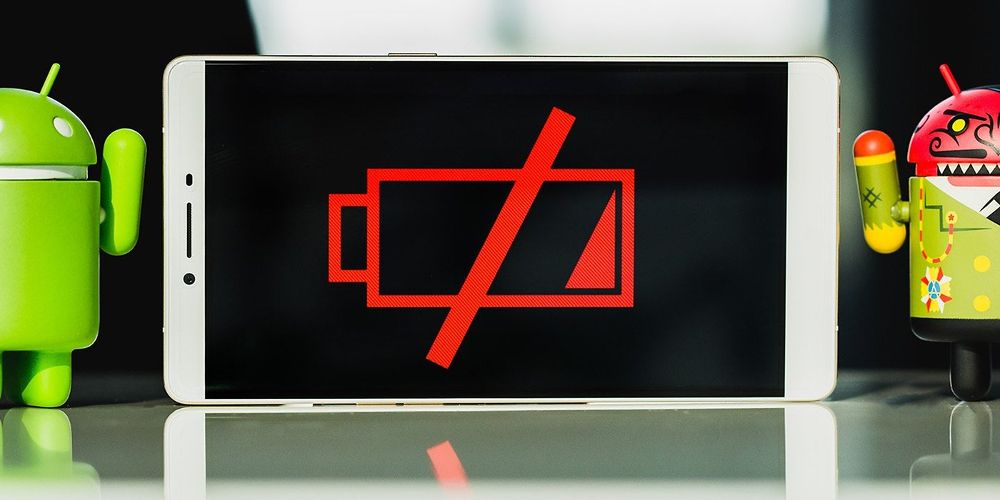

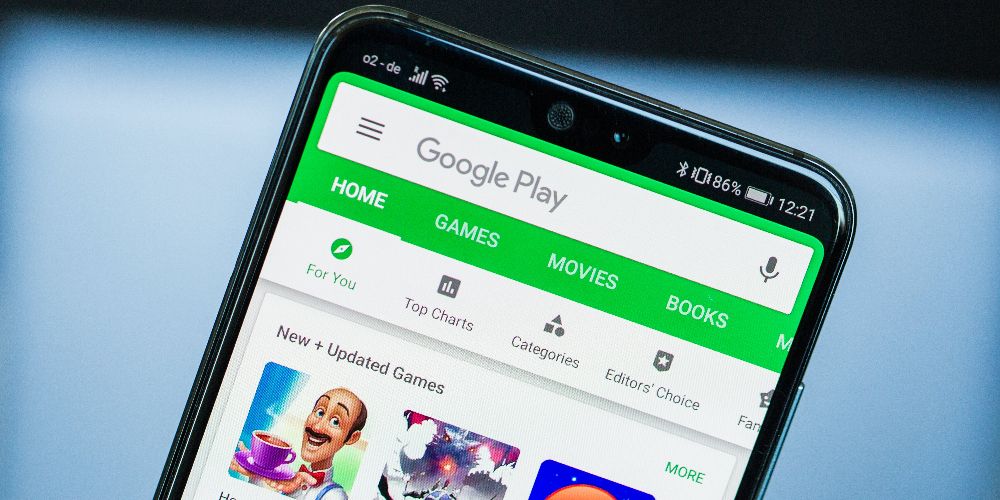

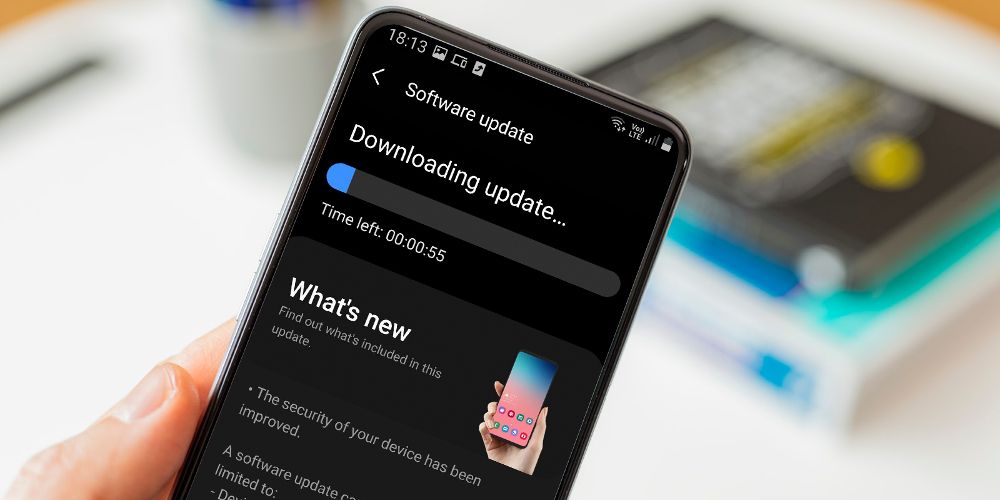
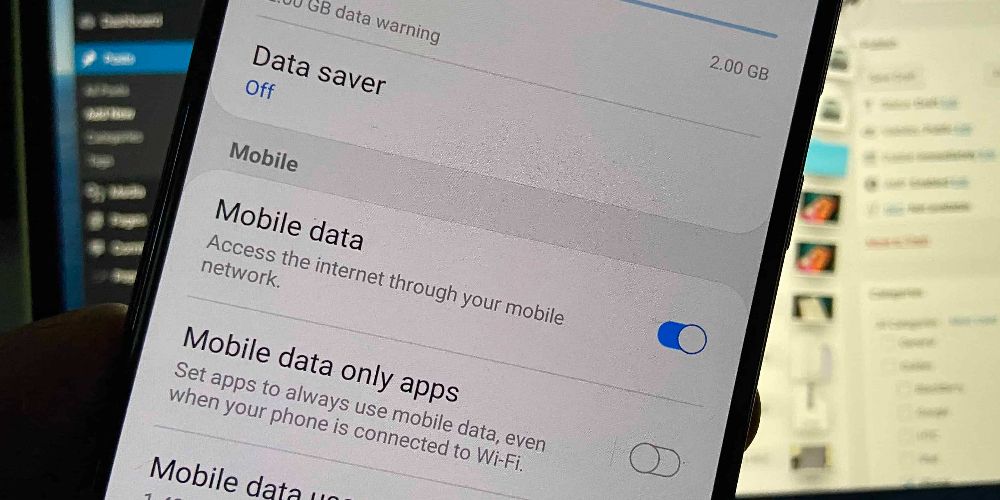
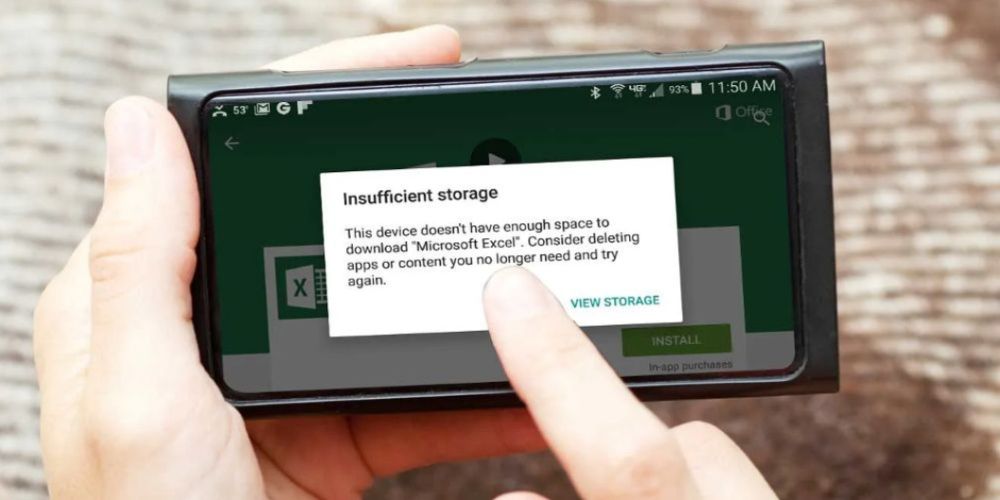
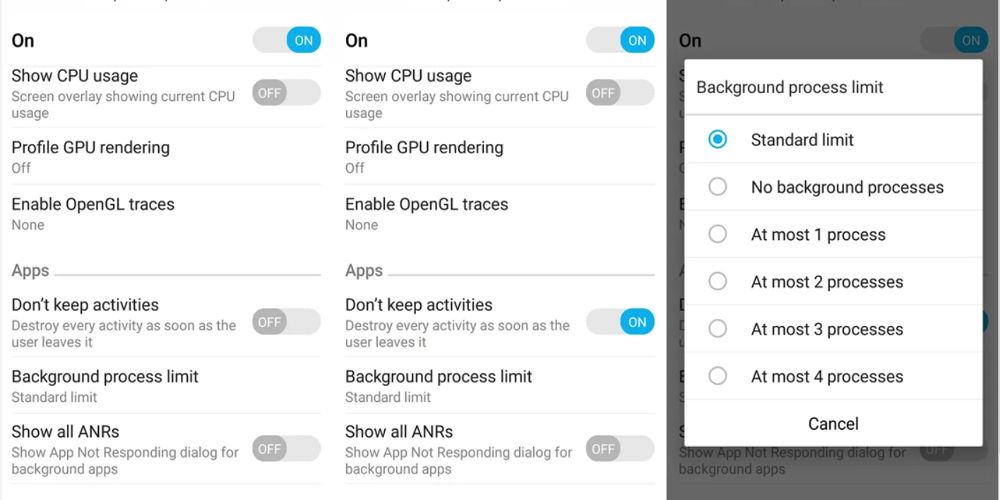
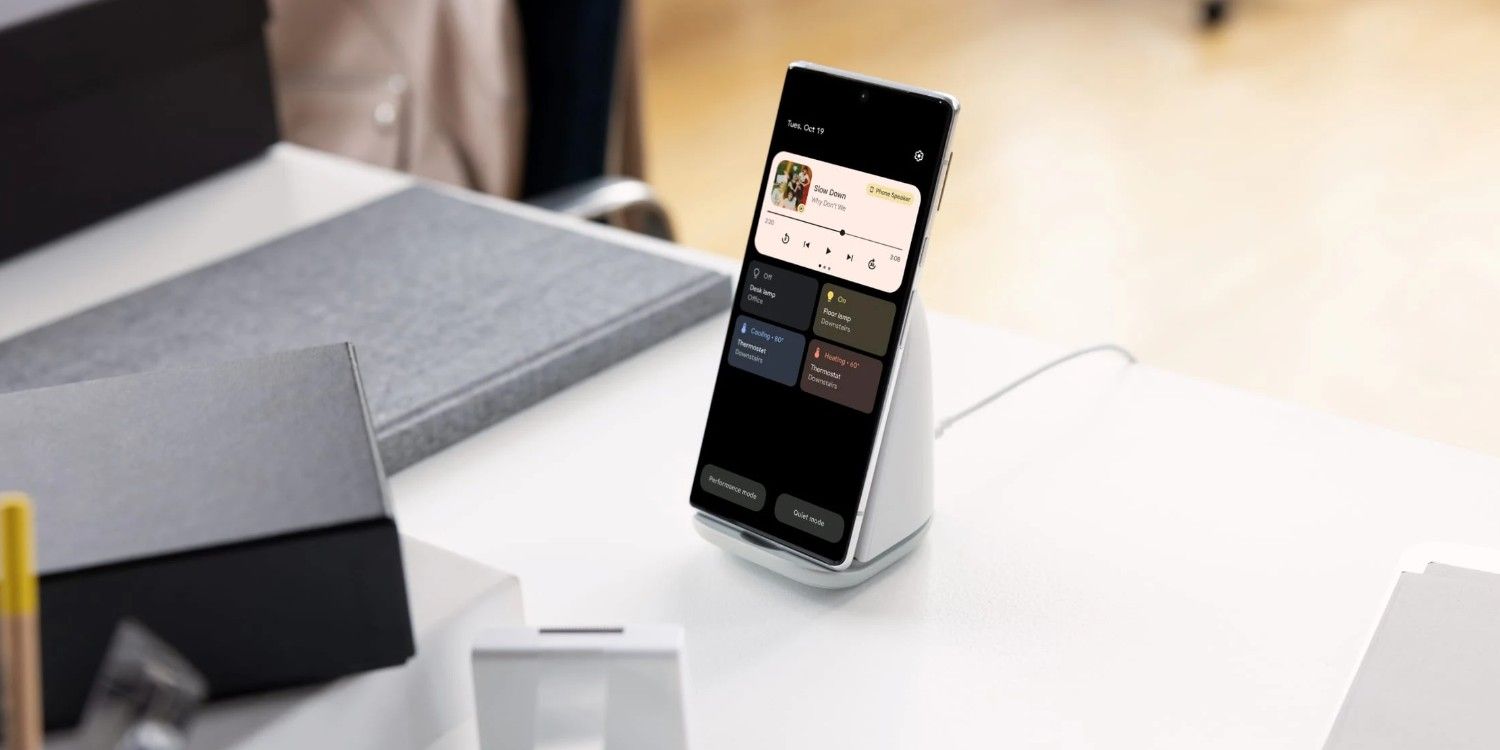
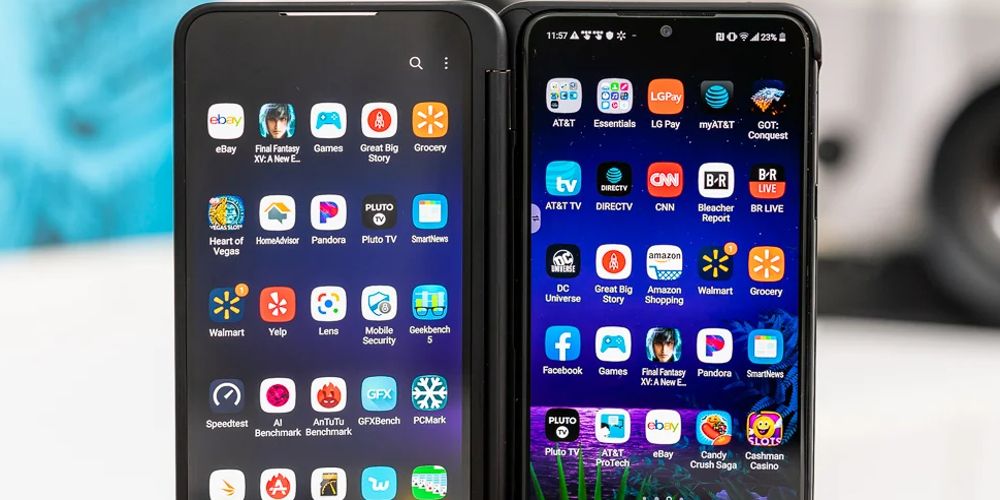














0 Response to "10 Harsh Realities Of Owning An Android Phone - Screen Rant"
Post a Comment